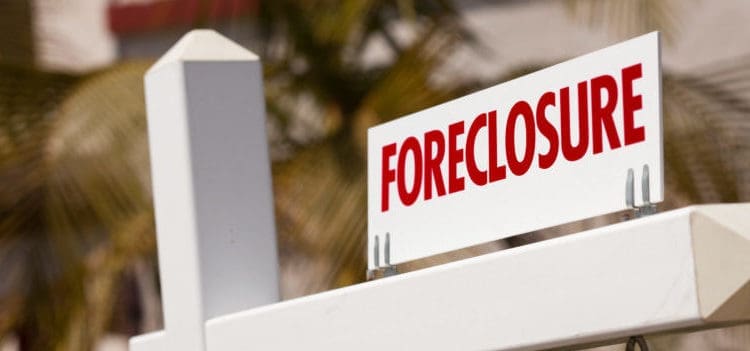Understanding HOA Foreclosure In Ohio
If you are an Ohioan who lives in a condominium, townhome or a single-family home that is part of a development you may be required to pay dues to a condominium association (COA) or a homeowners’ association (HOA). Falling behind on your dues can lead to serious problems. In most cases, the covenants, conditions and restrictions (CC&Rs) that govern the COA or HOA give the association the right to place a lien on your home. Stay behind, and the association may file a foreclosure action against you—even if you are current on your mortgage.
In Ohio, COAs, like banks and mortgage servicers, must file a lawsuit to foreclose on a condominium. HOAs have specific foreclosure procedures that are outlined in the association’s governing documents.
Will Filing for Bankruptcy Eliminate HOA Dues and Liens?
If your COA or HOA places a lien on your home and then initiates a foreclosure action in order to collect delinquent dues, filing for bankruptcy may be your best option. That’s because the right type of bankruptcy may enable you to discharge your liability for unpaid dues that accrued before you filed and because it will automatically stay the foreclosure action while your bankruptcy case is processed.
While bankruptcy may provide short-term relief that will enable you to stay in your residence, in all likelihood bankruptcy will NOT eliminate the lien on your property. That is why we recommend you contact DannLaw’s experienced bankruptcy attorneys if you have fallen behind in your dues payments and are receiving threatening letters or calls from your association. We will be happy to discuss your situation and provide sound advice on how you should proceed, including which type of Bankruptcy is right for you, Chapter 13 or Chapter 7.
The Type of Bankruptcy you File Makes a Difference
In most instances, Chapter 7 bankruptcy is not an effective way to deal with COA/HOA dues delinquencies because it will not eliminate the lien they placed on your home or result in the discharge of dues you will owe after you file.
If you are dealing with a COA/HOA lien and/or foreclosure we recommend filing under Chapter 13 of the federal bankruptcy law. Chapter 13 will enable you to pay your pre-bankruptcy arrears via a court-approved repayment plan over a period of three to five years. As long as you make the monthly payments called for in your plan the COA/HOA will be barred from taking your residence. You may also be able to have your lien eliminated if it is considered an unsecured junior lien. This will depend on the priority status of the lien as well as the rules of the jurisdiction in which you reside.
It is important to note, however, that you MUST pay the COA/HOA fees that come due post-filing. If you fall behind again your association may go to court, seek a lift of the automatic stay, and proceed with the foreclosure. Post-bankruptcy you will no longer be protected so you must pay your COA/HOA fees when they become due to avoid facing a renewed threat of foreclosure.
Finally, even if you surrender your property at some point, you will be liable for any COA/HOA fees that become due while you wait for the bank to foreclose and the title to be transferred from you to the bank. If you don’t pay the fees the association has the right to sue you personally in order to collect the money owed.
Consult With An Ohio Bankruptcy Lawyer Today
We recognize that filing for bankruptcy is not always the best option. That’s why we urge you to call us to arrange a free consultation with our experienced bankruptcy attorneys. We will be happy to discuss your case, give your sound advice, and help put you back on the road to financial security.
